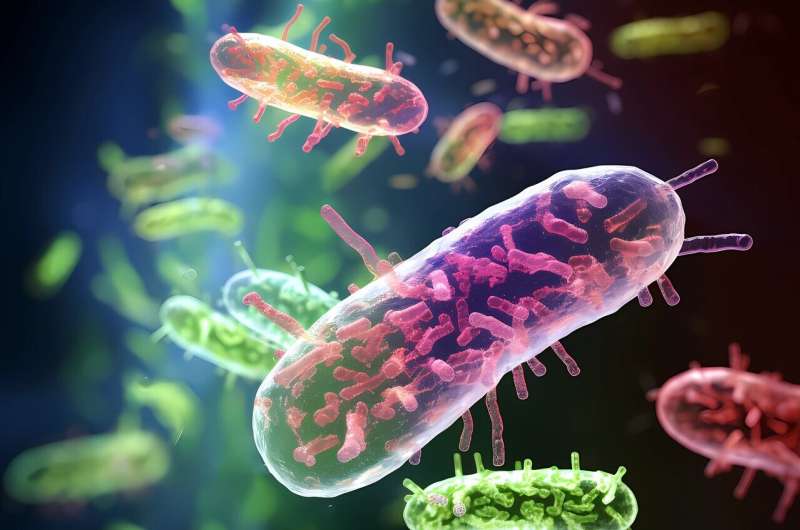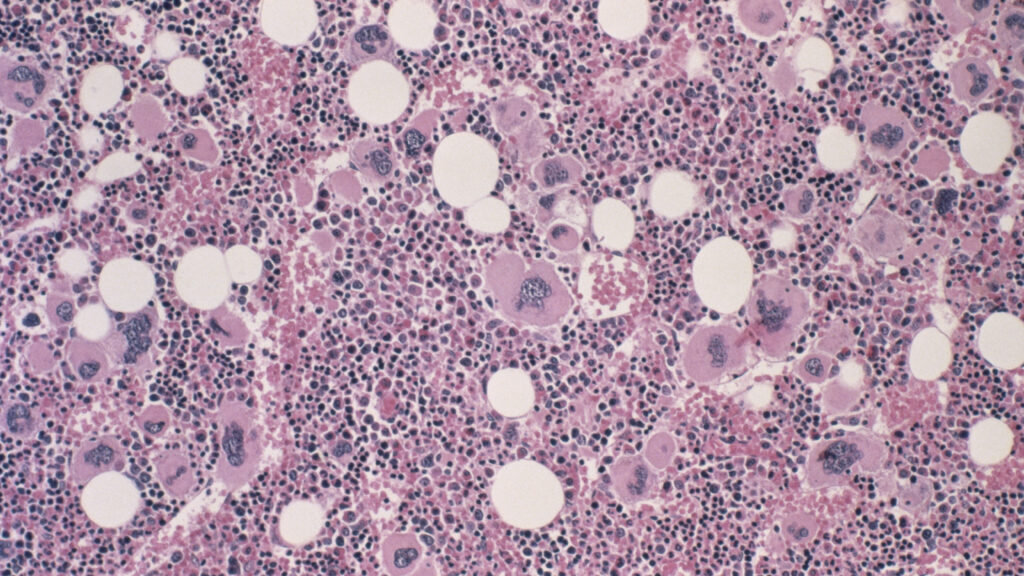A study from the University of Edinburgh has unveiled a significant mechanism of resistance that bacteria employ to survive common antibiotics. Published in Nature Communications on November 11, 2025, this research identifies potential new targets for drug development, addressing the urgent global challenge of antimicrobial resistance (AMR).
The research team discovered that a repair system within certain bacteria, known as Rtc, plays a crucial role in their survival against antibiotic treatments. Many antibiotics function by disrupting the production of proteins vital for bacterial growth. The Rtc system enables bacteria to repair damaged RNA, which is essential for translating genetic information from DNA into functional proteins. This capability allows the bacteria to continue growing even in the presence of antibiotics.
One of the critical findings of the study is the variability in bacterial responses to antibiotics, attributed to the inconsistent expression of the Rtc repair system among individual bacterial cells. This variability may help explain the challenges in treating certain infections, as some bacteria exhibit a greater ability to resist antibiotic effects than others.
Researchers utilized a combination of computer modeling and laboratory experiments, particularly focusing on the well-known bacterium E. coli, which has a history of developing antibiotic resistance. The study suggests that by targeting specific components of the Rtc system, it may be possible to enhance the effectiveness of existing antibiotics, thereby improving treatment outcomes for bacterial infections.
Dr. Andrea Weisse, who led the study at the University of Edinburgh’s Schools of Biological Sciences and Informatics, emphasized the intelligence of bacteria in evading antibiotics. She stated, “Bacteria are clever little things. They have been learning how to dodge our antibiotics, and they are getting better at it all the time. If we don’t find new drugs—or new tricks to outsmart them—we are in trouble.”
The findings highlight the intricate strategies bacteria use to survive, revealing the complexity of their defense mechanisms. By understanding these systems more thoroughly, researchers hope to develop innovative therapies that can effectively combat AMR. Dr. Weisse’s team is committed to uncovering how bacterial defense systems operate, opening pathways for smarter treatment options.
This research underscores the pressing need for advancements in antibiotic therapies, particularly as resistance to existing medications continues to rise. The potential to target bacterial repair systems like Rtc could be a pivotal step in ensuring effective treatments are available in the fight against resistant infections.







